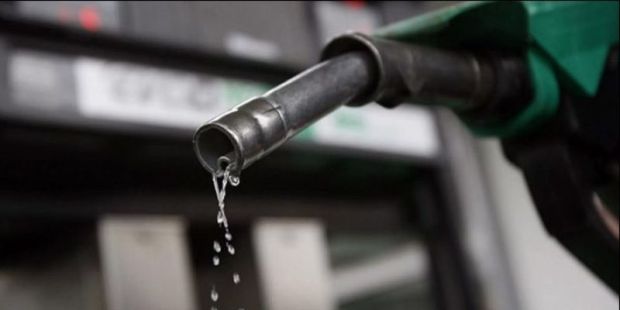By Shihar Aneez
COLOMBO – Sri Lanka’s fuel imports are unlikely to be disturbed by escalating conflict in the Middle East after fighting started in Gaza, as the country has already secured tenders for supply until June next year, State Minister of Power and Energy D.V. Chanaka said, but warned there could be uncertainties.
The escalation of violence in Gaza has raised concerns over continuous oil supply and possible hike in global fuel prices.
“Both of these countries are not crude-producing nations,” Chanaka told reporters in Colombo at a media briefing on Thursday (19), referring to warring Israel and Palestine.
However, he said, Iran was showing uncertainties as of now, and the statements by Iran and America have created a great uncertainty about the global oil prices.
Sri Lanka faced long queues last year after the then government failed to import fuel due to lack of US dollars following a raft of wrong policies that led to economic mismanagement.
The government under President Ranil Wickremesinghe brought a price formula, rationed fuel to consumers, and stopped the losses to the state-run oil retailer to ensure fuel supply.
The government this month stopped the fuel rationing QR system.
People at the grassroots level have raised concerns over a possible shortage in the future with the current situation in the Middle East.
“On the one hand, Islamic countries have completely suspended oil supply to Israel. On the other hand, the US has relaxed the sanctions on Venezuela. So, we expect some supply into the market in the future,” Chanaka explained.
He also noted that due to the current situation, the Sri Lankan team was facing difficulties in analyzing the situation, which is more uncertain than other volatile situations.
Sri Lanka has raised the oil prices in the last three months citing rising global prices.
It has also allowed three more suppliers including China’s state-run Sinopec tp retail fuel supply in the country.
Chanaka said the move has helped to save some dollars, which would have been spent on more fuel imports, which is now done by Sinopec.
He also said a dollar reserve maintained by the state-run oil retailer Ceylon Petroleum Corporation has helped to reduce the risk premium and that benefit will also be passed to the consumers.
“Only index will fluctuate. But we have already secured the required oil supply through the tendering process. Today, our premiums which were at $34 before one-and-half years ago, are now below $3 up to June next year,” he said.
“Also, for the first time, we are maintaining a $200 million reserve to purchase oil. This was done after we had higher insurance premiums last year because we did not have reserves due to lack of dollars last year. But now we maintain the $200 million reserves.”
-economynext.com



Comments are closed, but trackbacks and pingbacks are open.